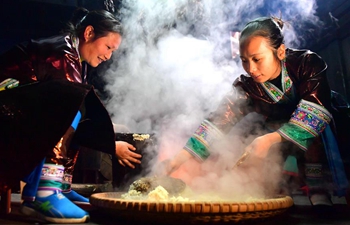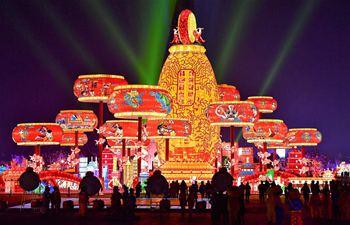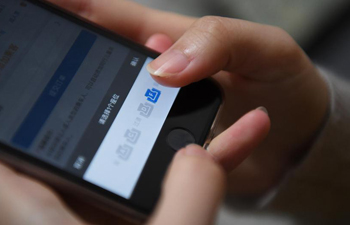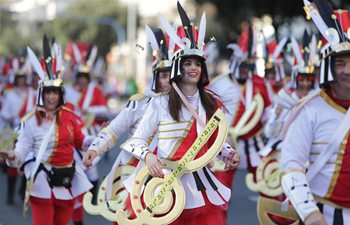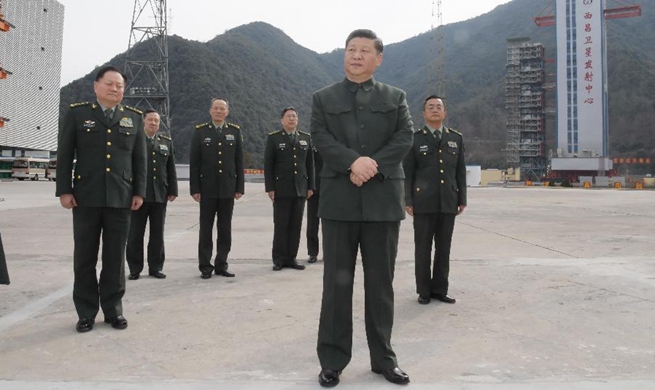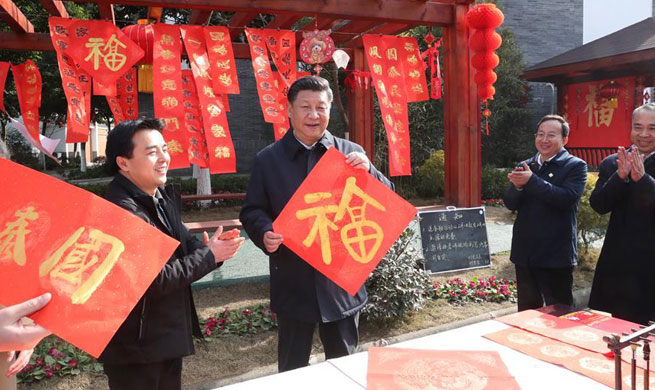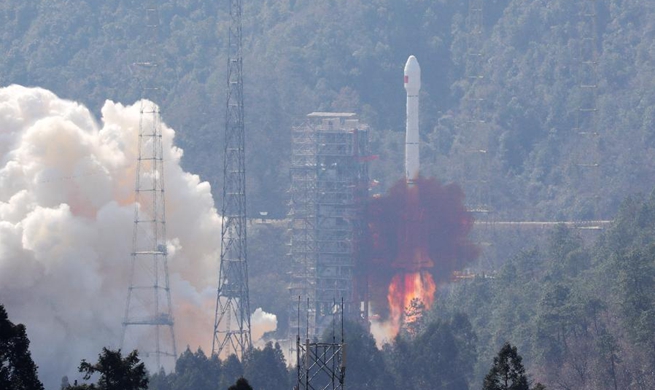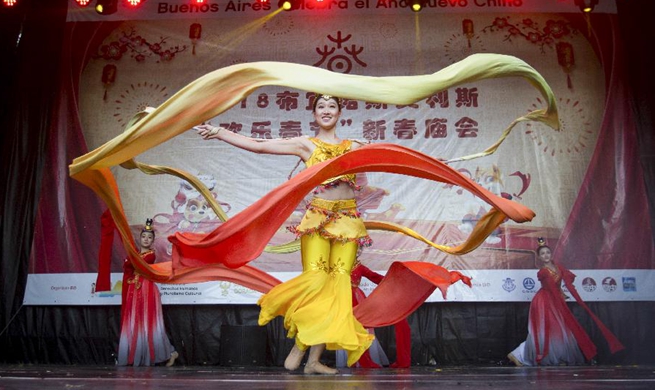by Xinhua writers Ma Guihua, Raul Menchaca
HAVANA, Feb. 11 (Xinhua) -- The pavilion of China -- a guest country of honor -- received a special award on Sunday in the just concluded XXVII Havana International Book Fair.
Having presented 7,000 copies of over 3,000 titles, the pavilion, which spread over 400 square meters in the centennial Fort of San Carlos de La Cabana, was one of the most visited section.
Chinese books were warmly accepted by the Cuban public in the book fair which lasted 11 days. Among the presented were "Cell Phone" by Liu Zhenyun, "Running through Zhongguancun" by Xu Zechen and "To Live" by Yu Hua.
At the closing ceremony, Juan Rodriguez, president of the Cuban Book Institute, said that China's participation in the publishing fair gave a special meaning to the event.
"China exceeded all expectations," said Rodriguez.
During the book fair, Chinese and Cuban publishers signed a dozen of cooperation agreements. And the Asian delegation, composed of more than 200 publishers, writers and artists, offered an important cultural show.
Yu Xin, a young saleswoman, told Xinhua that "today is the last day of sales but I think this has not been sufficient for the Cubans, as they want more Chinese books."
Yu, who has been improving her Spanish at Havana University for a year, felt surprised that Chinese books were sold out.
According to Yu, Cubans frequently requested books on Chinese President Xi Jinping, particularly the two volumes of "Xi Jinping: The Governance of China."
Li Jiao, a volunteer who helped with the selling, said that "the most sold books were those about teaching Chinese, about Confucian philosophy and about traditional Chinese cooking."
The book fair, which had China as a guest country of honor for the first time, provided a chance for the Cubans to get close to an unfamiliar culture.
Heydi Alonso, a student learning Chinese at the Confucius Institute in Havana, has bought many Chinese books, yet he is not fully satisfied. Alonso said he hopes there could be books about Chinese architecture and decoration.
Cuban publishers also realized the potential of selling modern Chinese literature to the island, as explained by Hermes Moreno, director of a publishing house called Nuevo Milenio.
"We truly feel very happy and very hopeful about bringing modern Chinese literature to Cuba," said Moreno.
Chen Xi, the Chinese ambassador to Havana, highlighted the success of the book fair. He said the city turns into a party to be able to read and share knowledge and friendship.
"It was an excellent experience for me to be able to attend this fair," said the diplomat who thanked the decision to have China as a guest of honor.
The books brought here by the Chinese delegation were almost sold out in the first three days of the book fair.





